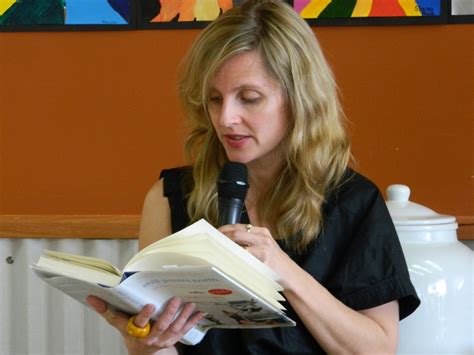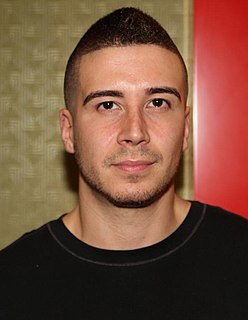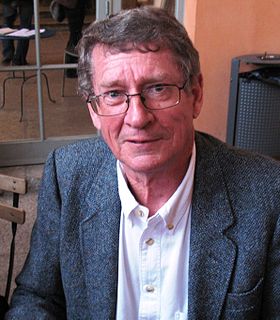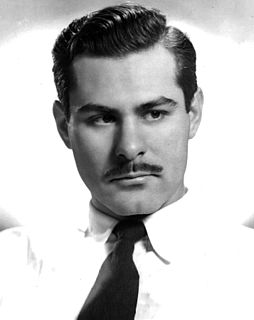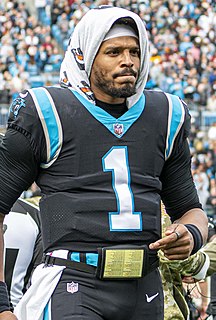A Quote by Leigh Newman
I'm pretty much of the Shakespearean school. Dialogue is character. How we speak is who we are.
Related Quotes
Stage is so important because it teaches me how to convey character with words - how to convey how a character reacts by the way they appear on stage. I can usually tell a playwright from someone who has never written for the stage. Did the character work? Did the dialogue reveal who the character is?
I think that the most important thing for me is, how is the character that I would be reading for? Is it interesting? Is there stuff to do? Are there things that you can do with the character? How can you play it out? Just those kinds of things that are very important for an actor. Also, a good director and good dialogue.
So perhaps the correct conclusion is that Green was less attuned to how people sound when they speak - the actual words and expressions they employ - than to what they mean. This notion of dialogue as a pure expression of character that...transcends the specifics of time and place may be partly why the conversations in the works of writers such as Austen and Bronte often sound fresh and astonishingly contemporary.
